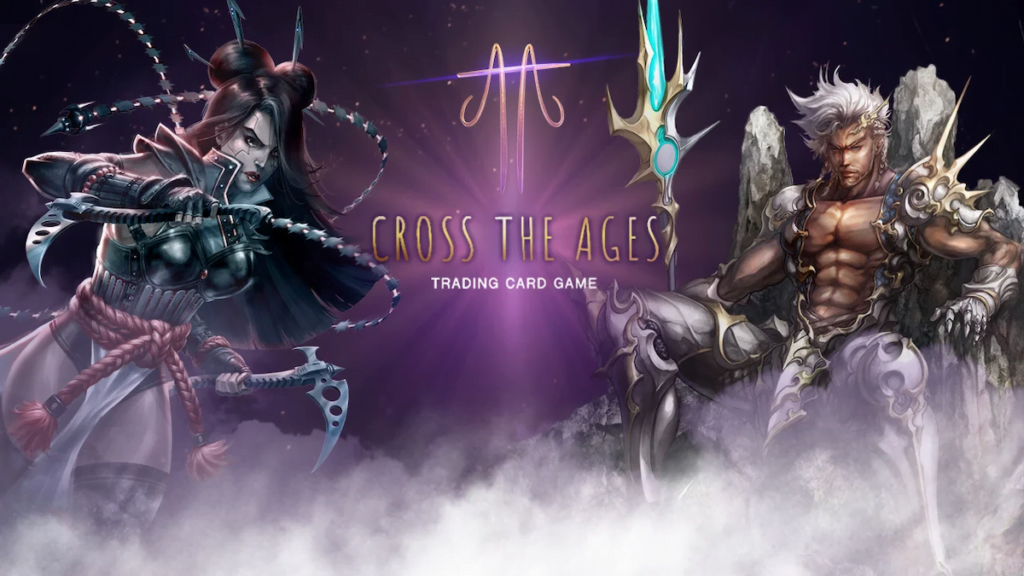Psyonix, the developer behind Rocket League, declared that item trading within the game will discontinue on December 5 across all platforms. The decision underscores the growing concern surrounding closed gaming ecosystems and their impact on players’ control over in-game assets, an issue NFTs aim to resolve.
Rocket League’s ecosystem permits players to acquire various items like distinctive car models, designs, and accessories using multiple in-game currencies or through bundles priced in fiat currency. However, the forthcoming termination of in-game trading threatens to alienate a portion of its substantial player base, which purportedly stands at 91.5 million monthly players.
The Community Reacts
The reaction from the community was swift and largely negative, manifested through social media outcries and a Change.org petition. The petition, advocating for the retention of item trading in the game, garnered over 11,200 signatures in just over a day. The negative sentiment stems from the substantial investments some players have made, with thousands of dollars funneled into acquiring rare items through in-game credits.

Citing alignment with Epic Games‘ broader stance on game cosmetics and item shop policies, Psyonix aims to ensure that items remain non-tradable, non-transferable, and non-sellable. This move not only mirrors Epic’s overarching policy but also paves the way for future integration, with plans to introduce some Rocket League vehicles into other Epic games, thereby fostering cross-game ownership.
The NFT Paradigm: A Potential Solution?
As Psyonix’s decision reignites the discourse on closed gaming ecosystems, the contrasting open ecosystem model offered by NFTs gains traction. NFTs present a mechanism for ensuring players’ ownership and tradeability of in-game assets across various platforms.
The Rocket League scenario serves as a poignant reminder of the control and flexibility that could be availed through blockchain technology in gaming environments, potentially mitigating similar controversies in the future.
With a significant segment of the gaming community rallying against the trading termination, the unfolding scenario could potentially influence the trajectory of in-game asset management and ownership in the broader gaming industry.
Author

Veteran gamer with a deep-seated interest in the evolving NFT and Web3 space.




